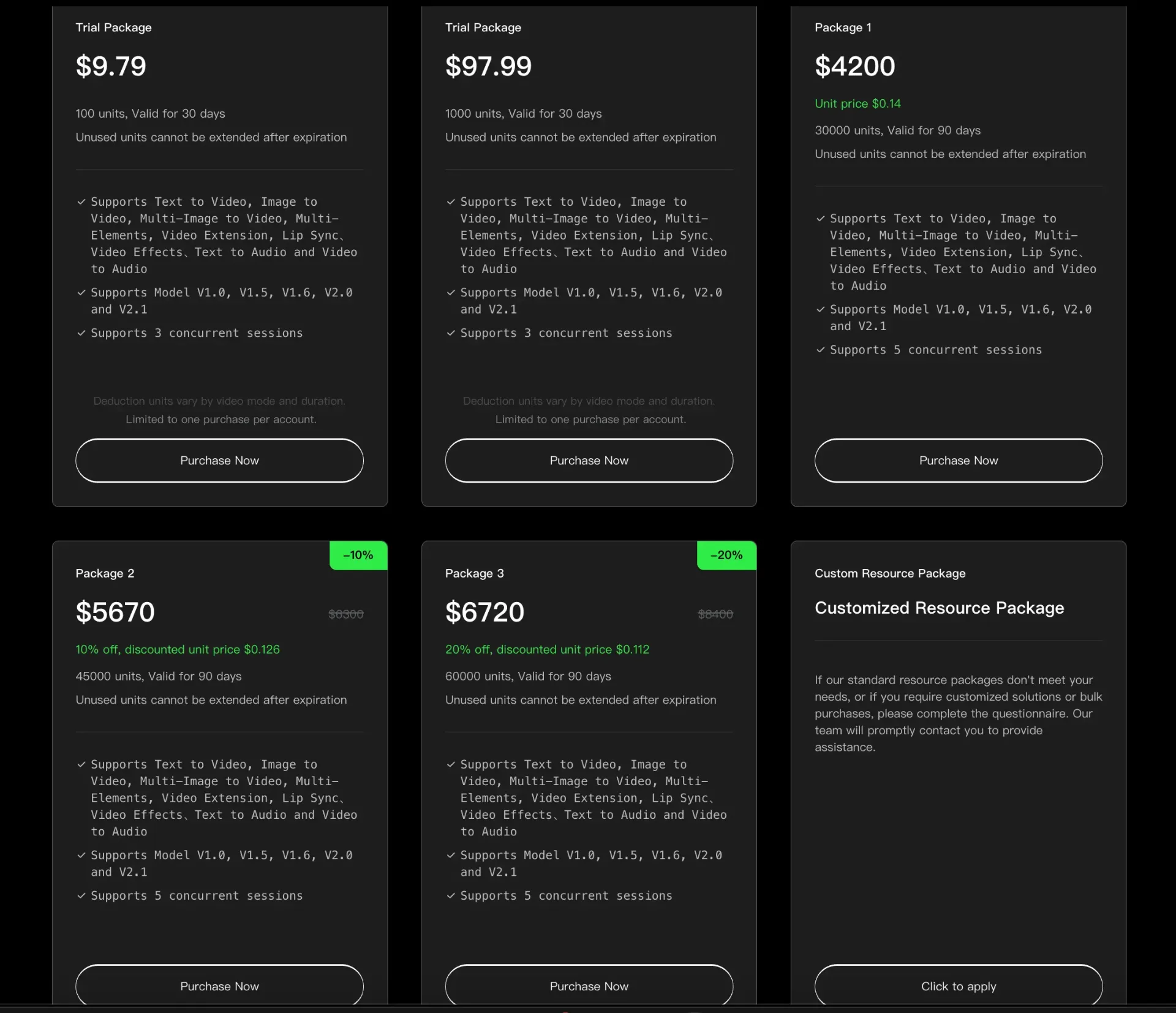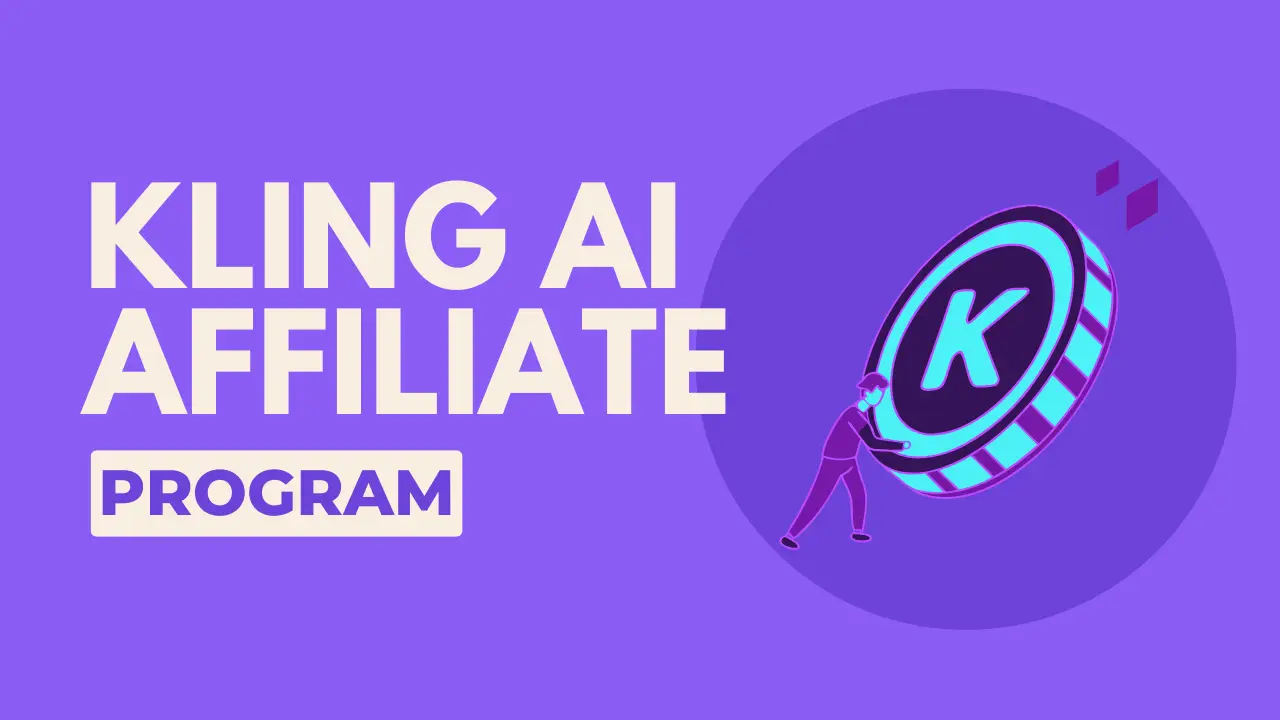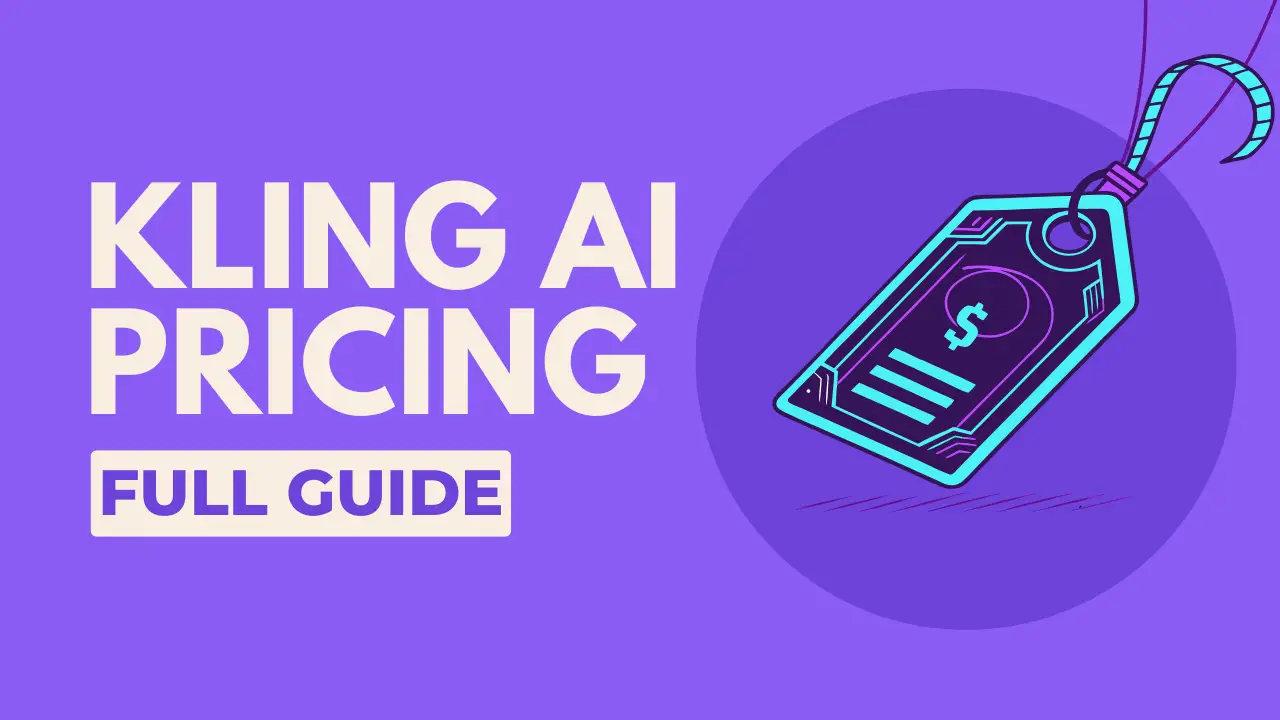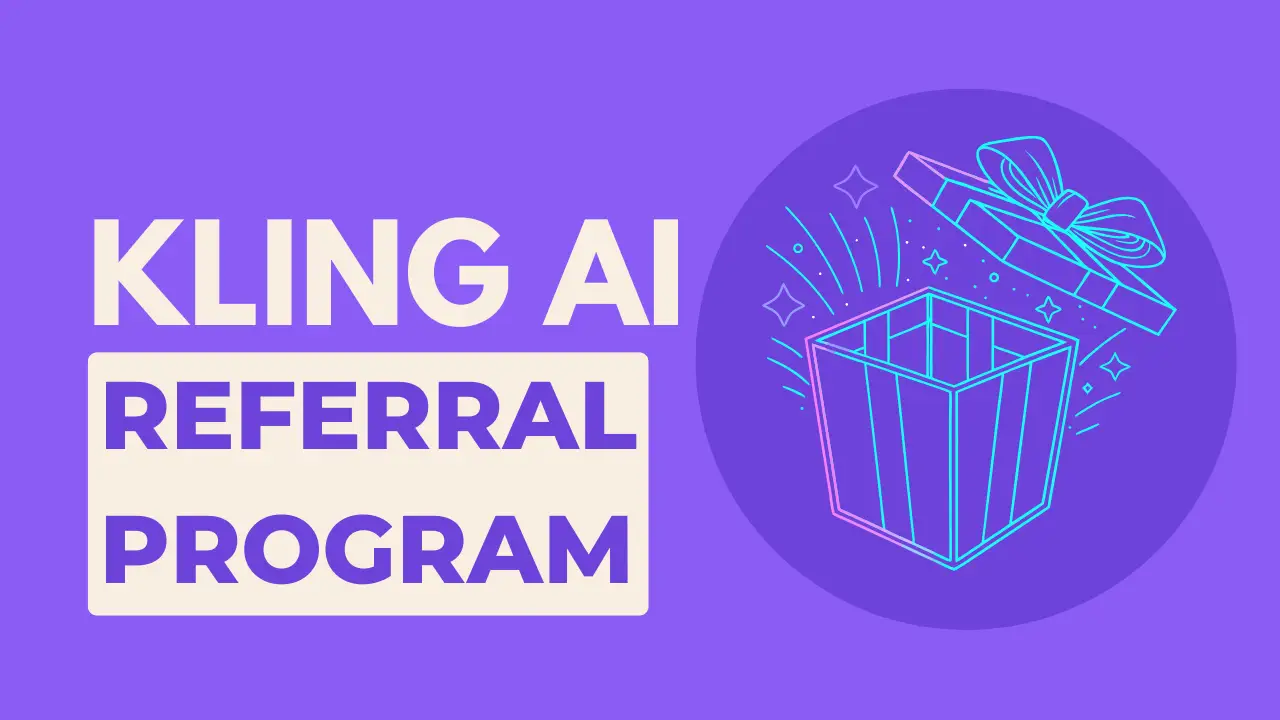Kling AI API Pricing Explained: A Deep Dive into Costs (2025)
Your ultimate guide to understanding the KlingAI API pricing. We break down the prepaid packages, unit costs, and credit deduction system so you can budget effectively.
You see the incredible potential in Kling AI’s generative video and image technology. To transform that potential into a real-world application, a deep understanding of the costs is not just helpful it’s essential.
Kling AI’s API pricing model is powerful and flexible, but its many layers can be confusing. Misunderstanding it can lead to unexpected bills, while mastering it allows you to build scalable, cost-effective AI features with confidence.
By the end of this guide, you will be able to forecast your expenses like a pro.
Let’s dive in.
How KlingAi Prepaid Units Work:
Before examining the numbers, you must understand the philosophy behind Kling AI’s billing. It is a prepaid resource model.
Imagine it like buying tokens at a high-tech arcade. You purchase a package of “units” upfront, and each time you play a game (i.e., make an API call), the machine deducts a certain number of tokens. More complex and powerful games cost more tokens.
Here are the critical rules of this system:
- Prepaid Packages:
- You must purchase a package of units before you can use the API. There is no direct pay-as-you-go billing.
- Units Expire:
- This is the most important rule. Unused units have a strict validity period (either 30 or 90 days). When a package expires, any remaining units are permanently forfeited.
- They do not roll over into new packages or get extended. Plan your purchases carefully based on your projected usage for the upcoming period.
- Non-Refundable:
- Once you purchase a resource package, the service fee is considered consumed and is non-refundable.
A Deep Dive into the Resource Packages

The primary incentive for purchasing a larger package is a lower effective cost per unit, which is achieved through volume-based discounts.
Here is a detailed breakdown of the available packages:
Package Tiers and Costs
| Package Name | Price | Units | Validity | Base Unit Price | Discount | Effective Unit Price | Best For |
|---|---|---|---|---|---|---|---|
| Trial Package | $9.79 | 100 | 30 days | $0.14 | N/A | ~$0.098 | Initial testing, hobby projects. |
| Trial Package | $97.99 | 1,000 | 30 days | $0.14 | N/A | ~$0.098 | Deeper evaluation, small-scale prototypes. |
| Package 1 | $4,200 | 30,000 | 90 days | $0.14 | 0% | $0.14 | Startups and small businesses with consistent needs. |
| Package 2 | $5,670 | 45,000 | 90 days | $0.14 | 10% | $0.126 | Medium-sized applications with moderate volume. |
| Package 3 | $6,720 | 60,000 | 90 days | $0.14 | 20% | $0.112 | High-volume production applications. |
| Custom Package | Custom | Bulk | Varies | Custom | Varies | Negotiated | Enterprise-level usage, unique requirements. |
If you anticipate using more than 60,000 units within a 90-day period, contacting their sales team for a Custom Resource Package is the most financially sound strategy.
Unit Deductions: Where Your Units Go
This is the most important section of the guide. The number of units an API call consumes is not fixed; it is a dynamic calculation based on a combination of factors.
Key Factors Influencing Cost
- Model Version:
- Newer, more advanced models like
V2.1 Masterconsume more units than foundational models likeV1.0.
- Generation Mode:
Professional** (pro) mode:** This mode produces higher quality and higher resolution (often 1080p) videos. It is more computationally intensive and therefore uses significantly more units.Standard** (std) mode:** This is the cost-effective option, generating videos faster at a good quality (often 720p).
- Video Duration:
- A 10-second video generally costs exactly double what a 5-second video costs.
- Feature Complexity:
- Advanced features like Multi-Elements, Video Extension, or Lip-Sync have their own unique pricing rules separate from standard generation.
Video Generation: The Main Event
This is where the bulk of your units will likely be spent. The base, undiscounted unit price that all costs are calculated from is $0.14.
Text-to-Video & Image-to-Video Costs
This table covers the cost of creating a video from a text prompt or a single image, which are the most common use cases.
| Model Version | Mode | Duration | Unit Deduction | Cost (Based on $0.14/unit) |
|---|---|---|---|---|
| Kling V1.0 | Standard | 5s | 1 unit | $0.14 |
| Standard | 10s | 2 units | $0.28 | |
| Professional | 5s | 3.5 units | $0.49 | |
| Professional | 10s | 7 units | $0.98 | |
| Kling V1.5 / V1.6 / V2.1 | Standard | 5s | 2 units | $0.28 |
| Standard | 10s | 4 units | $0.56 | |
| Professional | 5s | 3.5 units | $0.49 | |
| Professional | 10s | 7 units | $0.98 | |
| Kling V2.0 / V2.1 Master | N/A | 5s | 10 units | $1.40 |
| N/A | 10s | 20 units | $2.80 |
Advanced Video Feature Costs
Specialized video functions are priced differently, reflecting their unique computational requirements.
| Feature | Model/Mode Details | Unit Deduction | Cost (Based on $0.14/unit) |
|---|---|---|---|
| Multi-Image to Video | Kling V1.6, Standard, 5s | 2 units | $0.28 |
| Kling V1.6, Standard, 10s | 4 units | $0.56 | |
| Kling V1.6, Professional, 5s | 3.5 units | $0.49 | |
| Kling V1.6, Professional, 10s | 7 units | $0.98 | |
| Multi-Elements | Kling V1.6, Standard, 5s | 3 units | $0.42 |
| Kling V1.6, Standard, 10s | 6 units | $0.84 | |
| Kling V1.6, Professional, 5s | 5 units | $0.70 | |
| Kling V1.6, Professional, 10s | 10 units | $1.40 | |
| Video Extension | Kling V1.0, Standard, 4-5s extension | 1 unit | $0.14 |
| Kling V1.5/V1.6, Standard, 4-5s extension | 2 units | $0.28 | |
| All versions, Professional, 4-5s extension | 3.5 units | $0.49 | |
| Lip-Sync | Any video, billed per 5-second segment | 0.5 units per 5s | $0.07 per 5s |
| Single Image Effects | e.g., jelly_press, pixelpixel, yearbook | 2 units | $0.28 |
e.g., bloombloom, dizzydizzy | 3.5 units | $0.49 | |
| Dual-character Effects | Kling V1.6, Standard Mode (hug, kiss) | 2 units | $0.28 |
Kling V1.6, Professional Mode (hug, kiss) | 3.5 units | $0.49 |
Budget-Friendly Generation: Image & Audio Services
Generating images and audio is significantly cheaper, making these services excellent for adding value to your application at a very low cost.
Audio Service Costs
| Feature | Duration Details | Unit Deduction | Cost (Based on $0.14/unit) |
|---|---|---|---|
| Text-to-Audio | 3-10 second audio duration | 0.25 units | $0.035 |
| Video-to-Audio | For a 3-20 second video | 0.25 units | $0.035 |
Image Service & Virtual Try-On Costs
| Model / Feature | Action Type | Unit Deduction | Pricing (Original) |
|---|---|---|---|
| Kolors V1.0 | Text/Image-to-Image | 1 unit | $0.0035 |
| Kolors V1.5/V2.0/V2.1 | Text-to-Image | 4 units | $0.014 |
| Image-to-Image | 8 units | $0.028 | |
| Kolors V2.0 | Multi-Image to Image | 16 units | $0.056 |
| Image Editing | Image Expansion | 8 units | $0.028 |
| Virtual Try-on V1.0/V1.5 | Single Try-on Task | 1 unit | $0.07 |
Crucial Billing Rules & Best Practices
To avoid any confusion, here are the most important billing rules you must internalize.
- You Only Pay for Success:
- If a generation task fails for any reason (e.g., content moderation, system error), it will not deduct any units from your account. This is a fair, results-oriented policy.
- Use Them or Lose Them:
- We cannot stress this enough. Package expiration is final. If you buy a 90-day package, set a calendar reminder to evaluate your remaining balance as you approach the deadline.
- Understanding Concurrent Sessions:
- Your package determines how many API tasks you can run simultaneously.
- Trial Packages: 3 concurrent sessions.
- Packages 1, 2, and 3: 5 concurrent sessions.
- Important: Purchasing additional resource packages does not increase your concurrency limit. The limit is tied to your account’s highest-tier active package.
- Trial Package Limitations:
- The trial packages are limited to one of each type per account. You cannot repeatedly buy trial packages.
By mastering these packages, deduction rates, and billing rules, you are now fully equipped to build your application on the Kling AI API with confidence and clear financial planning.



